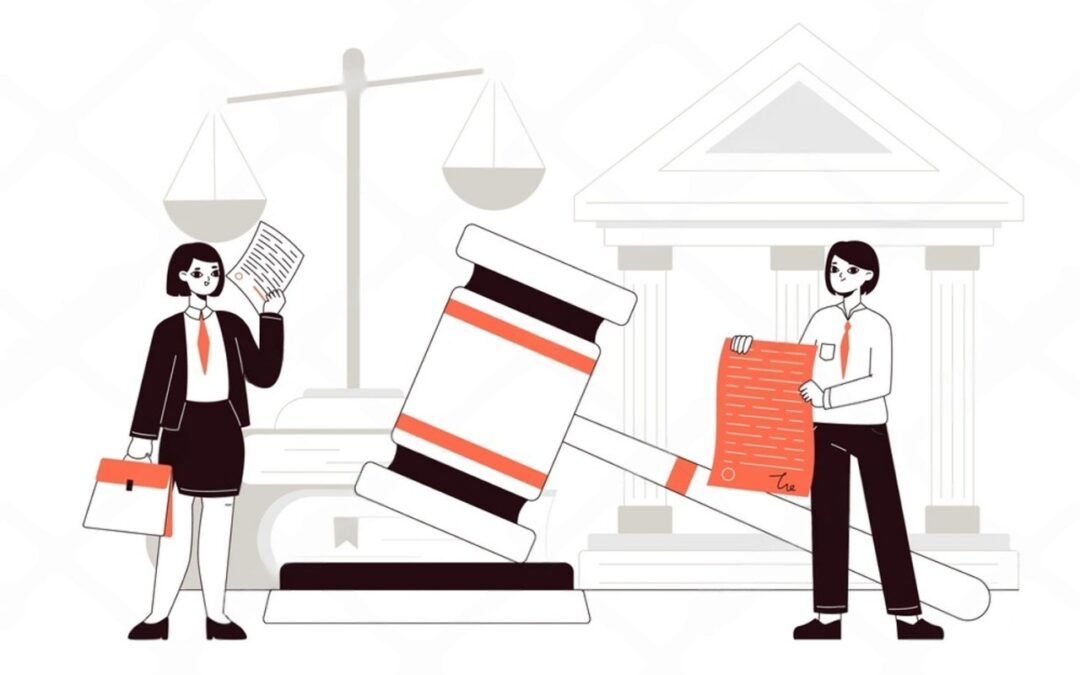The UAE has been cracking down on digital violations with the implementation of Federal Decree-Law No. 34 of 2021 on Combating Rumors and Cybercrimes, which, since January 2022, has been actively penalizing online crime.
According to the law, “hacking” is when a person gains unauthorized access to a computer, network, or electronic system. Hacking is criminalised under Article 2, and if you hack a web diary, website, or connected apparatus, for instance, databases, you are liable to be charged under this section.
Most importantly, that means blockchain networks and coins or tokens, which the law considers to be computer networks. These are valuable aspects of blockchain law UAE, as it means that blockchain systems are protected under the law from unauthorized access.
Penalties for Hacking:
The UAE cybercrime law punishes hacking per se with imprisonment and fines from 100,000-300,000 AED. When the breach causes damage, loss of information or service, Article 2(2) raises the punishment to at least six months in prison and a fine of AED 150,000- 500,000.
Also, if the goal of the hacker is to hijack or illegally acquire information, Article 2(3) prescribes a minimum one-year imprisonment and a fine of up to AED 500,000. These harsh punishments highlight the UAE’s stern stance on cybercrime, and specifically crypto in UAE, where safeguarding digital assets is a legal need.
Protected Targets:
The blockchain law UAE punishes cyberattacks against critical systems even more seriously. In particular, hacking into any government network is banned by Article 3.
Unauthorized use of an identity document that involves internet use will lead to a fine of AED 100,000 and AED 500,000(a minimum of one year imprisonment and a fine between AED 200,000 and AED 500,000). And if the attack damages or disables government operations, the penalty is at least five years in prison and fines of AED 1.5 million.
Most significantly, hacking that causes theft or government data is punishable with at least seven years’ imprisonment and fines of up to AED 1.5 million. That law’s article four also punishes “damage” to any information system with a minimum jail sentence of one year and/or fines of AED 3 million, he added. “If you target the banks, hospitals, or media, the sanctions will be broken for you.”
In the bigger picture of crypto in the UAE, this is a regulation that demonstrates the government’s readiness to protect all forms of infrastructure, not just the physical and the mainstream, but even the electrically daring blockchain.
Additional Cyber Offences Covered by Blockchain Law UAE
UAE cybercrime law also criminalizes an array of related offences. Article 15 in particular makes the fraudulent production, duplication, or reproduction of a payment card or electronic payment data an offence.
Criminal penalties range from imprisonment to fines between AED 200,000 and AED 2,000,000. In the world of UAE crypto, stealing a private key for a cryptocurrency or any other financially sensitive data would be treated equally seriously.
The use of hacking tools, stolen codes, and malware to commit cybercrime is also explicitly banned under Article 16—a crime that comes with a minimum sentence of two years as well as heavy fines. These articles reaffirm the UAE’s strong focus on cyber integrity and digital financial security.”
Blockchain Law UAE: Overview of Cryptocurrencies and Blockchain Technology
Types of Offences The UAE Cybercrime Law is silent on blockchain; all digitally accessed mediums are covered by the law, though. It considers that hacking a cryptocurrency exchange, tampering with a blockchain, or stealing digital tokens are illegal access and should fall under the same severe punishments. This is the legislation that specifically legislates crypto in UAE by laying out very clear parameters of what business can be done with virtual assets.
You can not use any online page or website to promote, advertise, or publicize virtual currencies and digital currency tokens that the UAE does not approve. Offenders, meanwhile, could be jailed or fined between AED 20,000 and AED 500,000. This perspective emphasizes the UAE’s dedication to shaping a safe and regulated digital financial ecosystem.
Conclusion
The blockchain law UAE, which is implemented under the wider realm of the UAE cybercrime law, is a prime example of just how invested the country is in protecting its digital infrastructure, crypto in UAE included. With the criminalisation of unauthorised access to blockchain systems, stringent punishment for hacking and cyber crimes, and regulation of crypto activities, the UAE has arguably become one of the most secure and compliance-friendly digital innovation hubs.
For those who are working through this complicated legal minefield as part of the process of the digital transformation of your personal or corporate life it is crucial to get legal advice from experienced professionals such as Khairallah Law Firm, which ranks amongst the Best Lawyers in Dubai, in order to secure your legal standing and guard your digital assets.
Having said that, contact Khairallah Advocates & Legal Consultants and benefit from our free 30-min legal consultation.
*Disclaimer: our blogs, law updates, and FAQ’s are freely distributed for educational purposes and to showcase recent updates and regulations in the UAE’s framework.
If you have any questions and need assistance, contact us at our number or book an appointment online.





